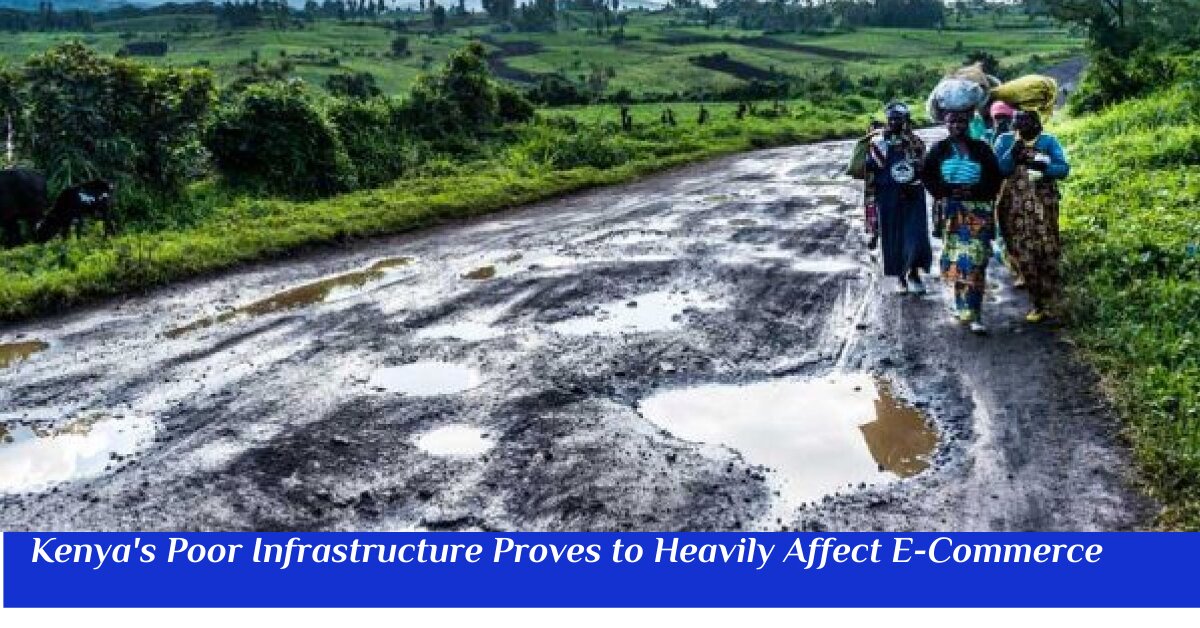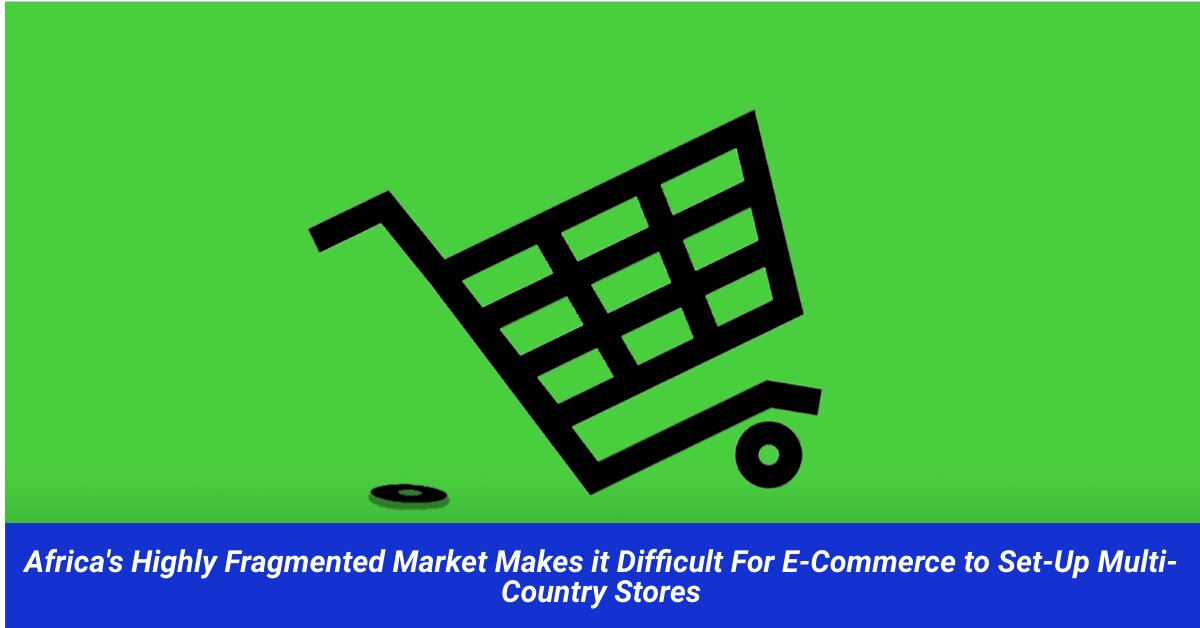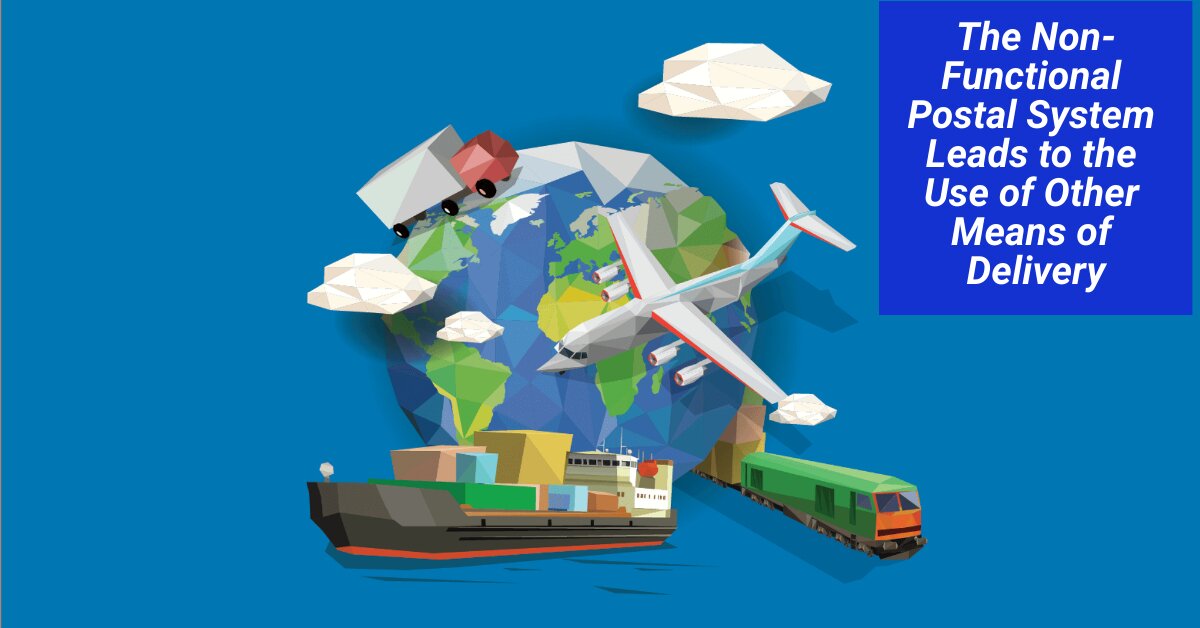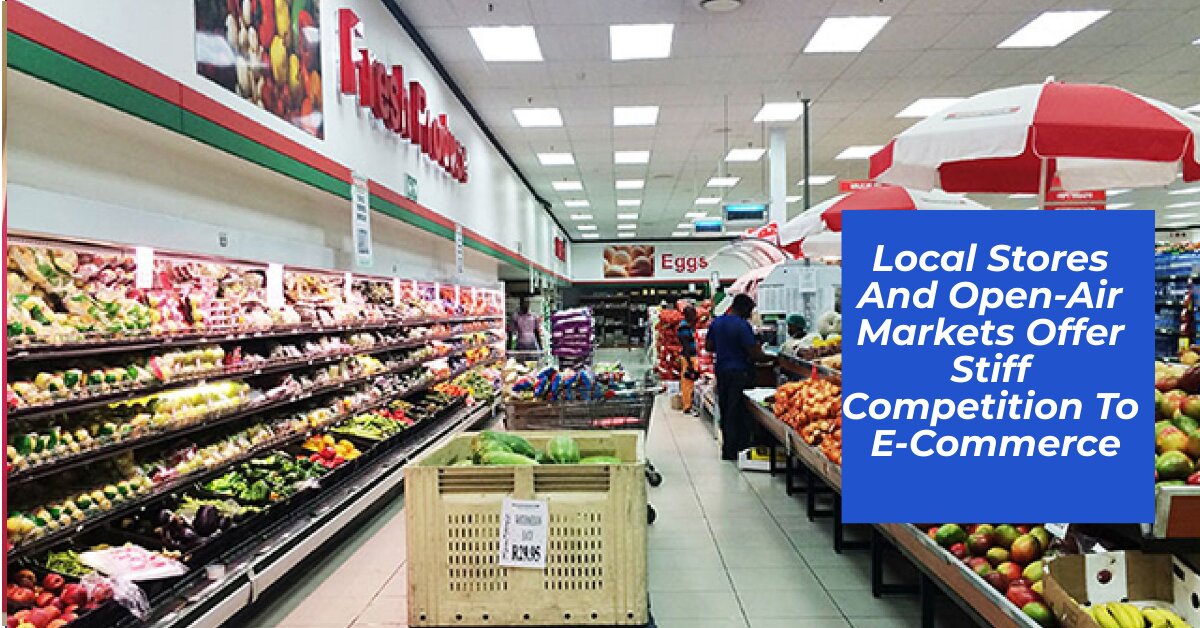E-commerce in Kenya has benefited from Africa’s economic growth in recent times. This has been the foundation for many businesses to rise. The frontier of e-commerce is now accessible due to the recent rise of technology.
In Africa, 40 percent annual growth in e-commerce activity is predicted over the next decade. To realize the benefits fully, though, e-commerce businesses and entrepreneurs will need to overcome a number of challenges.
Source:Act Logistics
The perfect example is online markets. Several companies are now promoting and selling their products on the internet. Another area is online billing and banking. This has reduced many of the hustles by offering affordable money transfer services. Others include e-learning and online travel bookings. These have also seen tremendous recent growth.
Keeping this in mind, e-commerce in Kenya is still new and has a lot of room for improvement. This also comes with the naked truth that is there are challenges that go with the online market.
1. Does the Consumer Trust the Vendor?
There have been cases of online fraud from many online shops. These stories have instilled fear into the hearts of buyers. People try to avoid online shopping as much as they can so as not to get cheated out of their money.
Information such as credit card details are one of the requirements e-commerce websites. If the customers do not trust the vendors, then they will be hesitant to give out this information.
This leads to the younger generation to interact more with these online businesses. Since most of them do not have the monetary power to own a credit card, conning will be difficult
Online shops are to work on their trust with the customers. They may also adopt friendlier methods of payment such as cash-on-delivery.

2. Is Internet Too Expensive?
There is rapid and steady growth of technology in Kenya. This means that most companies and individuals must stay online. This gives leeway to unlimited access of products and services that are web-based.
Despite all the efforts, internet is still too expensive for the common Kenyan. In the case where one has to work from home, it will be very difficult for the individual to do this .
Online shopping is the easiest way to go about your shopping, but how can one do this if there is no access the internet? This means that Kenyans will find it better to visit a physical store.
This also applies to online webinars and training. The cost of watching lengthy videos on the internet is too high for the common Kenyan. This means that the agency that offers these online videos loses revenue due to lack of traffic.
3. Does Infrastructure Play a Role In E-commerce?
Kenya is not renowned for having world-class roads. Some parts of Nairobi, especially “Eastlands” are notorious of having unusable roads. In other parts of the country, the roads when hit with rainfall become difficult to navigate.
This is a huge blow to the companies that do door-step deliveries. The delivery people find a hard time to get the set location and may end up delaying the delivery. This lowers the reputation of the store, leading to loss of revenue.
Poor infrastructure also causes traffic jams in most urban centers. This leads to the delay of deliveries that may be urgent to the client. Some orders may get cancelled as well due to the delay, thus the company experiences loss of revenue.
Most online shops have then resorted to use of other forms of transport such as motorbikes. Drones are also in use as seen with Astral Aerial Solutions for deliveries.
4. What is a Fragmented Market?
The United States has one economy across all states. Africa’s different countries have different economies. Factors like cultures and languages are also different among African countries. So in as much as we make out Africa to be one, it is not. This is what a fragmented market means.
The chain of supply is different in each African country due to these factors. This makes a trans-African e-commerce platform impossible to put in place. This discourages Kenyan e-commerce companies from expanding to other regions in the continent.
Companies that have set up in different countries have to use country-specific sites. This affects the economies of scale. As a solution, governments are working to set-up regional trading blocs.
5. Does E-commerce In Kenya Need Logistics?
Kenya’s postal system is non-functional today. American e-commerce companies rely on the U.S postal services to drop off products. This makes it easier for the consumer who cannot get it delivered straight to their doorstep.
Since the postal system is unreliable, the companies use other means of transport. They include buses, motorbikes and trains. This increases the cost for both the vendor and the consumer.
6. Are Markets More Popular Than Online Shopping?
The traditional open-air markets offer stiff competition to the shopping websites. This is because most of the population prefer the physical market. This is due to lack of funds to access the internet. Even those who have internet access prefer going to buy goods themselves from the market.
In our nation, the presence of supermarkets and shops are the ideal method of buying. The lack of awareness of the benefits of e-commerce among the people is one of the biggest challenges.
Although there are people who use e-commerce in Kenya, the local markets are still a threat. It is up to the online company to beat them in pricing and quality. This will attract more people to the websites and earn more revenue for the companies.
7. Do Literacy Levels Matter In E-Commerce?
E-commerce platforms need the user to have the basic skills of reading and writing. Although the Kenyan education system is of high quality, not all internet users get exposed to it.
According to UNESCO, Kenya has a literacy level of 78.73%, which leaves 21.27% illiterate.
source :https://countryeconomy.com/demography/literacy-rate/kenya
Illiterate people cannot be in contact with the e-commerce sites. This may hit hard in countries with lower levels. In countries like Chad, Niger, and Burkina Faso, the literacy levels are below 30%. So if a Kenyan e-commerce platform expands to these nations, it will face heavy loses.
These people get added to the list of those who cannot e-commerce services. Along those who cannot access the internet and all the other factors. This leads to reduced potential consumers for companies. The government is putting efforts to ensure every citizen gets an education.
Online businesses in Kenya can be a goldmine of profit in the coming years. Weather it is in the form of Social Media Marketing or e-commerce. This will need patience from the stakeholders and consumers. The above issues are the tip of the iceberg and fixing them all will take time and effort. As for now, the market is still fresh and open to continuing online shopping.
Let us take advantage of this opportunity that we have at the moment and look up to better days. Read about Facebook Marketing in Kenya and how to avoid some costly mistakes to optimize your Social Media Marketing.






